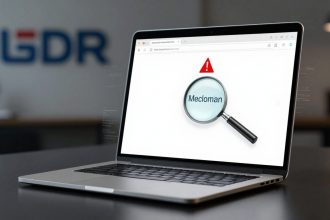Listen to this post: Ketamine Crisis in Merseyside: What You Need to Know
Analysis
Merseyside’s ketamine crisis is just the tip of the iceberg when it comes to the UK’s shifting drug landscape. The situation highlights a larger trend: recreational drugs are evolving not just in their composition and strength, but in their cultural reach and demographic appeal. According to substance abuse experts, ketamine’s blend of affordability and strong, fast-acting effects makes it especially appealing to younger users who may be experimenting or dealing with mental health stressors exacerbated by social media, economic instability, and post-pandemic life.
Here are some of the developments shaping this issue:
- Changing Drug Preferences: While opioids and cocaine remain prevalent, ketamine’s rise signals a shift towards dissociatives and psychoactive substances among UK youth.
- Inadequate Regulation: Despite being classified as a Class B drug, ketamine is still relatively easy to obtain online and through local dealers. Enforcement is still catching up.
- Mental Health Link: There is increasing evidence that young people are using ketamine not just for fun, but as a coping mechanism—raising concerns about its long-term psychological impact.
“Ketamine is not just a substance abuse issue anymore. It’s deeply rooted in how young people are coping with life today.”
Dr. Emily Carter, Addiction Specialist at Liverpool NHS Foundation Trust
Intervention efforts must go beyond awareness posters and reactive policing. Policy-makers should focus on integrated approaches that combine education, early detection, support systems, and stricter online surveillance. Experts are also advocating for regional funding to develop youth-focused rehabilitation programmes rather than relying solely on national schemes.
What could the future hold? If left unmitigated, the ketamine crisis could follow a trajectory similar to the opioid epidemic in the U.S., where local challenges were ignored until they became national disasters. However, Merseyside also has the opportunity to turn this around by becoming a model for proactive, data-driven intervention.
In the coming months, all eyes will be on how Merseyside responds—not only in terms of treatment but also in tackling the societal patterns that allow ketamine abuse to flourish.
Sources
Disclaimer
This article and its accompanying image were created with the help of AI-generated technologies. While care has been taken to ensure accuracy, portions of the content may be the result of automated assistance and should not be regarded as journalistic reporting.













